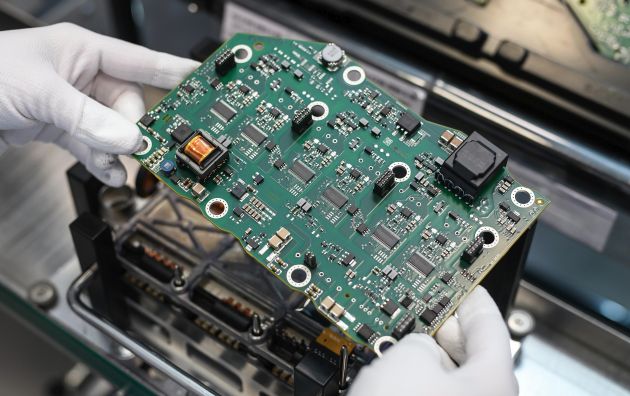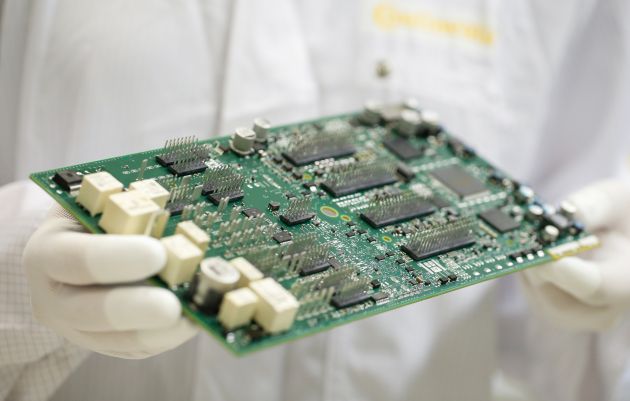The global semiconductor chip shortage has impacted vehicle production for several car brands, but what’s the situation like in Malaysia? To get some clarification, we posed the question to the Malaysian Automotive Association (MAA) during a media Q&A session following its 22nd annual general meeting recently.
On hand to answer was Ravindran Kurusamy, the president of UMW Toyota Motor (UMWT) and representative on the MAA council for 2021/2022. According to Ravindran, there is a definite impact from the global chip shortage on the local automotive industry, although the effects are relatively minor.
“It’s definitely going to give an impact to the industry, but it depends. I think the chip [shortage] is more for the C-segment and D-segment. For the A- and B-segment, not all are using chips, so I think it will be neutralised and balanced,” he said.
Ravindran added that the C and D segments command a smaller percentage of the market compared to the A and B segments. “When we talk about C [and D] segments, it’s the high-spec cars. If you look at the Accord, Camry, or even Altis and Civic, they will be affected. That’s the segment that use the [advanced] chips. But if you talk about the Vios, Yaris, or City and all that, it’s a slightly lower spec of the chips. That’s where the balancing will come from,” he explained.
“Same thing with national makes, if you look at them, Perodua and Proton, which like the Myvi and all that, will have less impact. We should not be fully alarmed about these chips, even if it’s going to be, maybe three months, four months, recovery will be very fast,” he added.
When asked if late deliveries are a direct result of the chip shortage, Ravindran replied that this is not the case, but a matter of high demand. “Late delivery is not because of the chips. I think the demand itself for the first half is fantastic for all carmakers. I think the range of two months to four months [waiting time] definitely will be there. So, recovery will be happening in the second half of this year,” he said.
“If you look at the car industry itself, we talk about chips, what is the total impact? It could be only 10-15% worldwide, but we pick this news and say it’s a chip problem. Yes, 15% is a big number but we have to survive, so every company have their own strategy, their survival plan. And they will have definite recovery plan,” Ravindran continued.
Back in February, we reported on a circular issued by Perodua to sales outlets, which state that the company has been impacted by the chip shortage issue, resulting in the production of the Myvi, Aruz and Alza being affected. According to the document, the matter is expected to extend into March and could result in late deliveries, but as per MAA’s viewpoint, its effect should be minor. We’ll soon see if Perodua’s sales numbers are affected in MAA’s March report.
The post Chip shortage won’t affect Malaysia much, says MAA appeared first on Paul Tan's Automotive News.



0 Comments